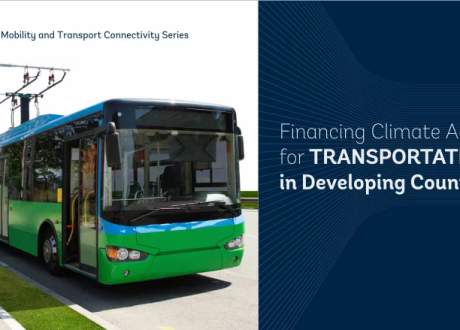
Egypt’s Abouleish among 100 Most Influential Africans 2024 in civil society
Egypt’s Helmy Abouleish, a prominent figure in the field of sustainable agriculture, particularly known for ...

United Nations Secretary General António Guterres has named Egyptian Social Solidarity Minister Ghada Wali as the next Executive Director of the United Nations Office on Drugs and Crime (UNODC) and also serve as Director-General of the United Nations Office at Vienna (UNOV).
Wali will succeed Yuri Fedotov of the Russian Federation to whom the Secretary-General is grateful for his dedicated service to the organization.
Wali brings to the position over thirty years of experience in the field of sustainable development, poverty reduction and social protection, women and youth empowerment.
Wali – who became the Minister of Social Solidarity in 2014 – has developed the national anti-drug strategy, led a nation-wide drug awareness and prevention campaign among youth and pioneered innovative programs to rehabilitate and reintegrate persons with substance use disorders into society.
In her current role, she also serves as Coordinator of the Inter-Ministerial Committee for Social Justice, Chairperson of the National Center for Social and Criminological Research and chairs the Executive Council of Arab Ministers of Social Affairs in the League of Arab States.
Her previous leadership positions include Managing Director of the Social Fund for Development (2011-2014), Assistant Resident Representative at the United Nations Development Program (UNDP) in Egypt (2004-2011) and Program Director of CARE International in Egypt (2000-2004).
Wali holds a Masters’ degree in Humanities and Bachelor of Arts in Foreign languages and literature from the Colorado State University. She is fluent in Arabic, English and French and has a working knowledge of Spanish.
Egypt’s Helmy Abouleish, a prominent figure in the field of sustainable agriculture, particularly known for ...
A study – by the Potsdam Institute for Climate Impact Research (PIK) – suggests that ...
Investing in resilient transport in low- and middle-income countries (LMICs) requires $417 billion annually between ...


اترك تعليقا